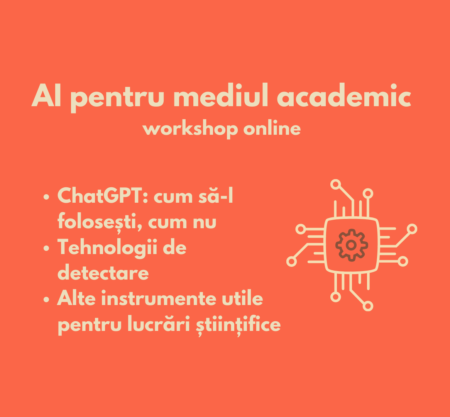Communication seems to many people, especially those in the sciences, to be an unattainable talent that can only be acquired at birth. Nothing could be further from the truth.
In 99% of communication situations, researchers need a few basics on how to reshape the message to a less technical level. Although it takes practice and the ability to put yourself in other people's shoes, the principles of science communication are learned like any other skill.
I have compiled a list of online science communication courses designed for people in academia and research.
What will you learn about in a science communication course?
- Audience - who are the people receiving the messages and why it is important to speak their language
- Message - how to speak their language, what to take out of a text, what to leave out, what to focus on, what is important for the audience but not for researchers
- Communication channels - how to use social media in communication, how to think about a text for a website versus one for a magazine, video strategies
- Media relations - why it's important, how to handle it, what to avoid during an interview
- Science Presentation - how to present ideas in science, how to structure messages to be more listener-friendly, how to slowly sprinkle scientific information so that listeners learn something extra
- Activities with the public - how to „escape” from your academic course mode and think of interactive and interesting activities, through which knowledge is more easily transmitted
These themes can also be found in my online or face-to-face courses, specifically designed to help academics learn to communicate more confidently with the general public. If you are interested in organising such a course in your institution, write to me.
If you want to learn all these things individually, below is a list of the most popular free online science communication courses:
Science Communication and Public Engagement (provided by EIT Food , University of Turin and Autonomous University of Madrid via FutureLearn) - I put it first because it's a European course, not an American one, and Europe has a slightly different tradition of communication than America
Writing in the Sciences (Coursera, offered by Stanford) - is a more broadly focused course on writing in a scientific context (including grants and scientific articles), but has a section on communicating with general audiences
Stand up for Science: Practical Approaches to Discussing Science that Matters (edX) (provided by University of Michigan)
Discovering Science: Science Writing (offered by Leeds University, UK) - I took it myself and personally recommend it, it is very good for introductory notions
Science Journalism (offered by the World Federation of Science Journalists) - course available in 10 languages. Although it says it's "journalism", those communication skills are also very important for researchers interested in communication.
Such a course does not require a large time investment. It will be more important to apply and practice what you had learnt.
Every month, I send a newsletter about Science & Communicationwith articles on how research can be better promoted in Romania. Includes what I write here on the blog, but also recent articles in other languages that I recommend and comment on.
You can subscribe here.
Image credit: Scott Graham on Unsplash





